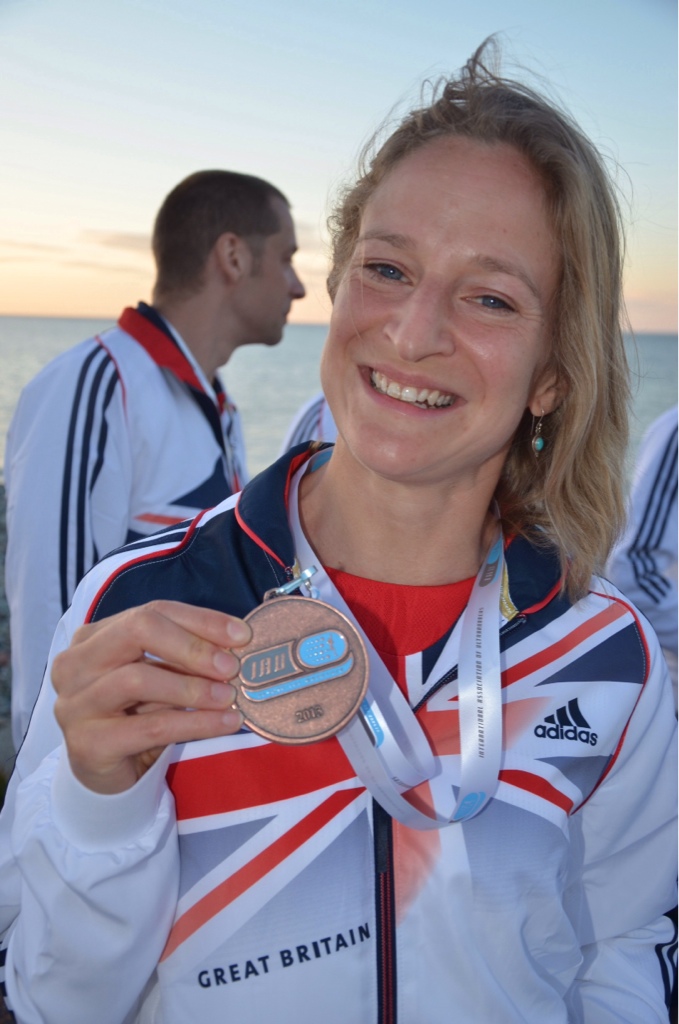How do you fit in your training with being a GP?
I run every day, but I only have a couple of specific training sessions. On a normal day I would get up and do three to five miles before I have to be at work for eight. I do an early morning surgery once a week which means I finish earlier and so I do a longer 10-16 mile run that afternoon. Before a competition I up the mileage from around 50 miles a week to 80. I probably do one or two target marathons a year but will do others in the build up to these big races. This year I’ve got two world championship events four weeks apart (the World Trail Championshiops in Portugal at the end of October and the World 100K Championships in Spain at the end of November) so I’ve got to target them both.
A lot of the runners don’t quite understand how difficult it is to fit work in. Other people can take annual leave to get to races at short notice (they often change the dates or flights for a world championship) and I find it really hard because surgery is always booked up or you’ve got colleagues on leave and you can’t just not see your patients.

What’s your greatest running achievement?
Probably my first ever 100km World Championships in 2011. I ran for Great Britain as a wildcard entry, having never run that distance before and I actually got the silver medal. Since then I’ve never come home from a world championships without a medal and I’ve been to four now. Running the marathon for Scotland in the Commonwealth games Glasgow was also amazing.
How did you get into running?
Before becoming a GP I was race doctor and expedition doctor for a while – on one of the races I got bored and ran one day and thought it was quite fun. Eight years ago when I became a partner and moved to Dumfries, I wanted to meet people who weren’t patients and find out the good areas to live so I joined a running club. I tried a six-day race across the Atacama desert in Chile as a challenge to see if I could complete it. I won it, set a record and it went from there.
Do your two careers help each other?
Being a GP helps in that I don’t get sucked in like other runners do to faddy diets, like eating no carbs, and I do understand a bit more about how your body works and how to recover. I think running helps with being a GP because I’ve got that de-stresser. It can also sometimes stimulate a conversation with patients, as if they have seen me in the paper as a runner it can open the door to talking about physical activity and health promotion.
Obviously an ideal job for running wouldn’t be general practice because you can’t take periods of time off to train, general practice is constant. But I can’t imagine being a full-time runner because if you get injured what have you got to do? What have you got to ground you and make you see the normality of what other people have to go through?
What do your patients think?
Some of them come and see me because they’re runners or they’ve got injuries and they think I’m going to help them more than other people and I won’t just tell them to rest. Some of them are quite funny – when I come back from a 100km race they ask: ‘How was your walk doctor?’
Dr Joasia Zakrzewski is a GB ultramarathon runner, who has come second in the 100km world championships as well as working as a full time as a GP partner in Dumfries, Scotland
Pulse October survey
Take our July 2025 survey to potentially win £1.000 worth of tokens












